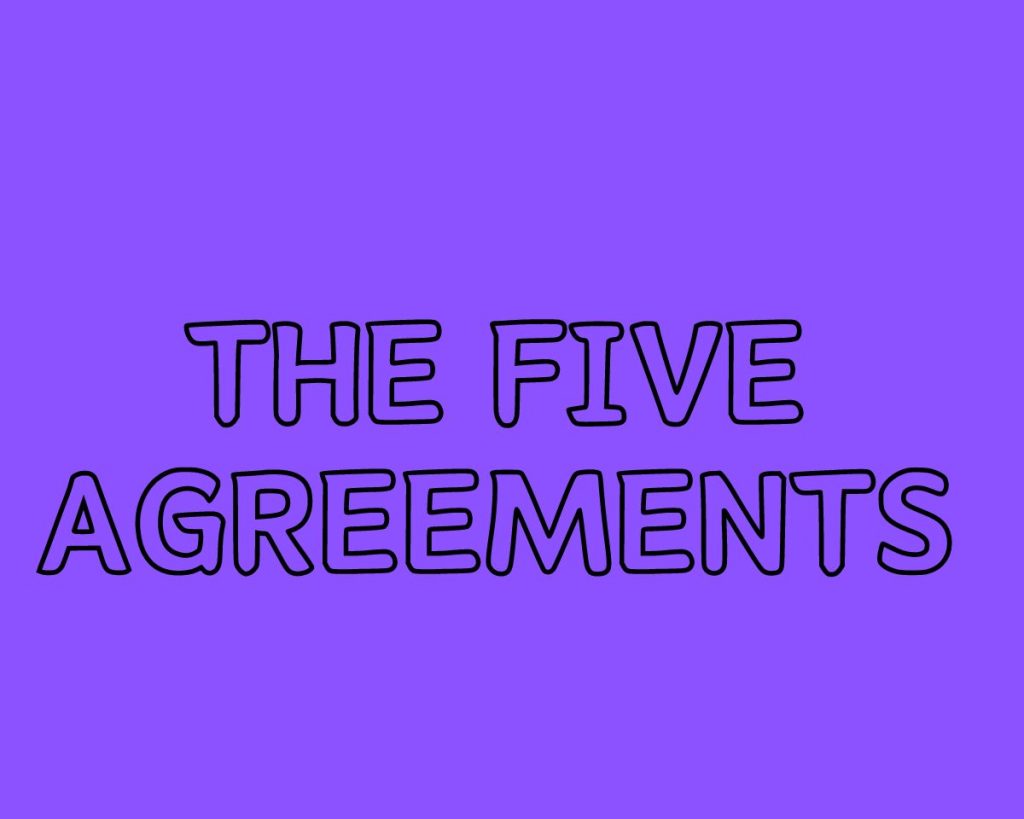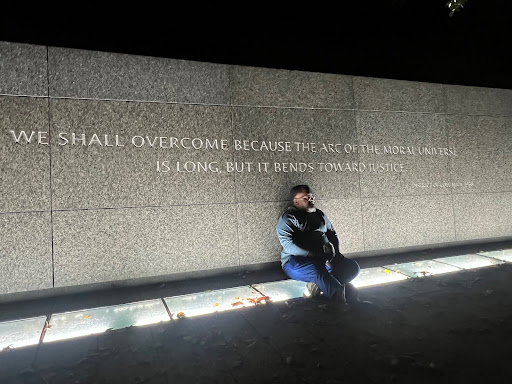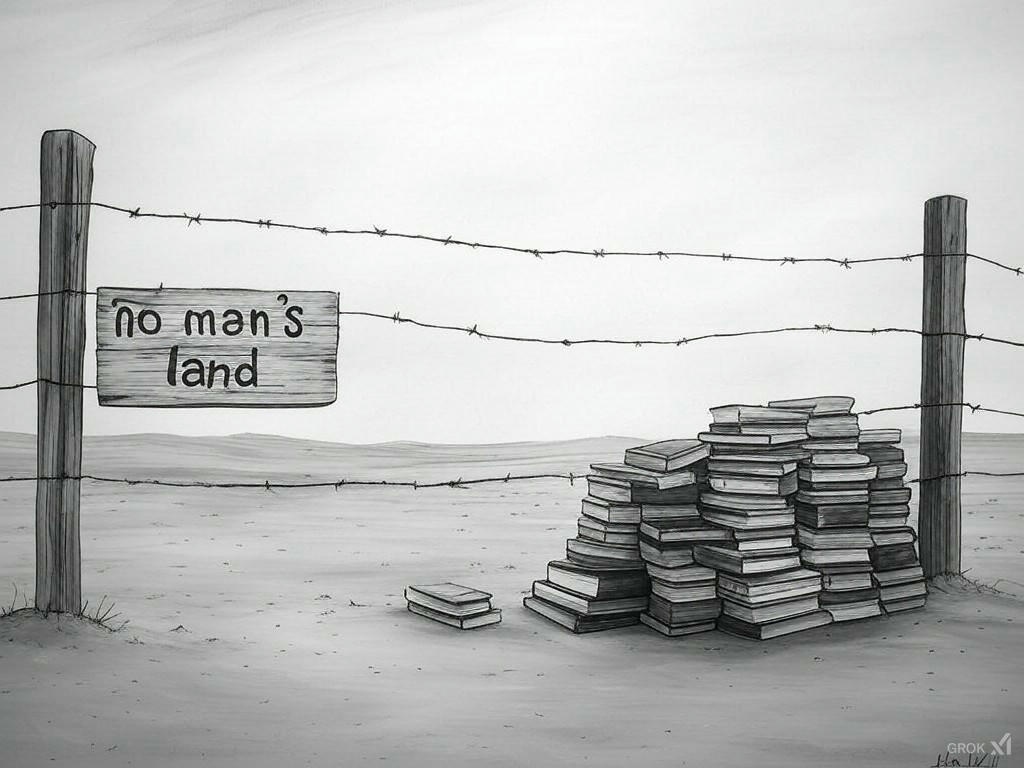Editor’s note: This is the inaugural piece by new Boardhawk columnist Aaron Massey. See his bio at the bottom of the article.
We seem to be at an impasse in our schools at the moment. The grand clash. Not between the typical adversaries; but between two reasonable (yet seemingly provocative) concepts competing against each other.
It’s a duality we see throughout urban education. On the one hand, for example, teachers have dedicated their lives to transforming the trajectories of children and on the other, the system isn’t working for large swaths of students. It is both true that teachers are changing the world and it is true that our system isn’t working exactly how we need it for all students. (Both truths co-exist).
Likewise, both researchers and practitioners want what’s best for students. Both the community and school districts and charter management organizations care about students. Both adults in the building are frustrated and the students are too.
If we can first agree that multiple, valuable truths exist simultaneously in education: congratulations! We made it to our first agreement.
Give yourself a point!
Y’all, it’s time we make some agreements in education. If there’s one industry group that could lead the way for our society at-large to grow up, it’s us education folks. But before I suggest a few agreements we should agree to uphold, let me shed a little light on the risk of not doing so:
- More Black and Brown children failing. (The National Report Card, the National Assessment of Educational Progress (NAEP), highlights a growing gap in math and reading between Black students and their White counterparts) (2023).
- More bickering and blaming. (Education is incredibly difficult. We don’t get it right all the time. By we, I mean ALL of us: public, charter, private, parochial, home school, etc.)
- More mental health concerns. (From teachers, from administrators, from staff, from parents and of course from students, where we are already seeing a rise. According to the National Comorbidity Survey Adolescent Supplement (NCS-A), an estimated 49.5% of youth ( ages 13-18) that participated in the survey had some sort of mental disorder. 49.5%. )
Whoops: looks like we are right back at the agreement stage.
Agreement 2: Y’all, we can’t accept that. We must agree that these things are bad and we won’t tolerate them. Do you agree with that? Is that reasonable? Great! Give yourself another point! And ask yourself those exact same questions for each of these agreements. For each agreement, add a 1 to your total score.
Agreement 3: Y’all, we need to ensure the conversations we have in education are of importance. In education, we are still having conversations about if a teacher is a traditional public school teacher or a charter public school teacher. Focusing on that conversation takes away from us focusing on conversations that have an actual impact.
For example, we are not having enough conversations about how teachers are struggling with depression, how children are vaping at alarming rates, and how principals are burning out.
Surface level conversations about education issues lead to surface level solutions. Surface level conversations allow political actors to dominate the discourse and set under-informed policy agendas. Surface level conversations pit dedicated educators against each other.
We have to talk about what matters. The current mental health crisis in students and teachers matters. The growing performance gaps in reading and math for Black students matters. Bullying and gun violence in schools matter. I don’t care what school you went to. I’m glad you’re in the education fight with me. Do you agree with that? Is that reasonable?
Agreement 4: Y’all, we have to agree to learn from each other instead of competing for students. I know: That got you nervous.
Let me explain: I get that schools need students to maintain their operations. But there is a smarter way to go about this. Here’s how it works. Schools are made of talented people. From the building crew to the administration. That collection of talent culminates into what you understand to be school. Because it depends on the talent of the people in the building, there will be gaps.
Like people, every school has a set of tools to use to support students – but not all tools. Just different tools. Different schools can support students in different ways.
How about we talk to each other, uncover what we are great at as educators, learn from each other, and raise the floor together? All students deserve a future. We can do that better as a collective.
I’ve taught in a traditional public school. Among other things, I’ve seen a homecoming football game uplift a whole community after a tragic event. WE can ALL learn from that.
I’ve led a charter high school. I’ve seen a social worker help a suicidal student learn to love themself again. We can ALL learn from that.
Ask yourself this question as an educator: if you could learn something from someone else that would help your students succeed, would you learn it? Cut the competition out and let’s learn together. Do you agree with that? Is that reasonable?
And Agreement 5: Y’all, can we agree that what students are experiencing now is different from our experience when we were their age? They experienced the height of the technological age in the palm of their hand, an insurrection, a pandemic that killed 3 million people, war, the overturning of Roe v. Wade, whatever Tik Tok is, entanglements, and the Island Boys.
If I lost you on the last two; exactly. That’s because when you were in school, reading the encyclopedia was googling. If we can agree that their experience is different, it might help us step aside a bit to let them lead in their schools and communities. Maybe we would give them space and mental health supports. Do you agree with that? Is that reasonable?
Now count up your score. And ask yourself if you are being reasonable.
Our personal battle with stubbornness is yielding youthful casualties. We lose our young women and men to the streets. And we lose our young teachers to mental health. But we don’t have to stay on this path.
Teachers, students, parents, leaders, community stakeholders, elected officials, and everyone in between: Ask yourselves and each other if you can uphold these agreements. Have a conversation about ones that you struggle with. But don’t accept standing still.
Now, there are two types of people that read this. One that thought this was totally reasonable and you’re confused why someone had to write this. And another type that thought this was unreasonable.
Don’t be the second person.
Do you agree with that? Is that reasonable?
Resources:
Reading and Math Achievement Is Getting Worse, Nation’s Report Card Shows (edweek.org)
Mental Illness – National Institute of Mental Health (NIMH) (nih.gov)




